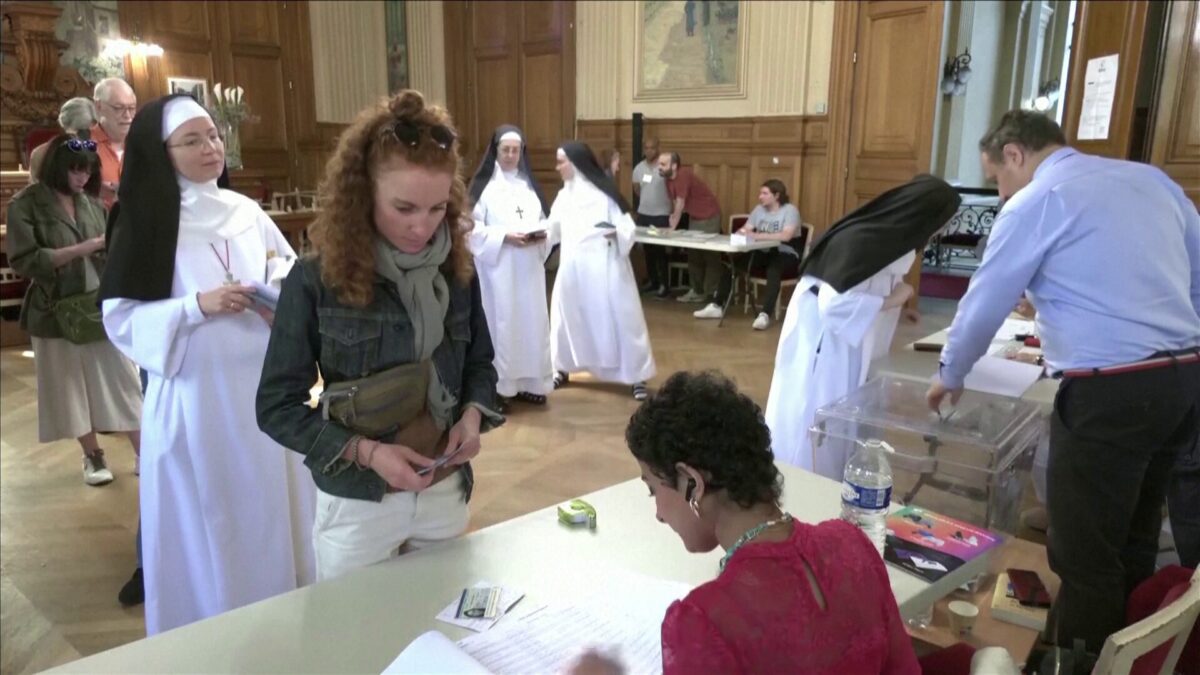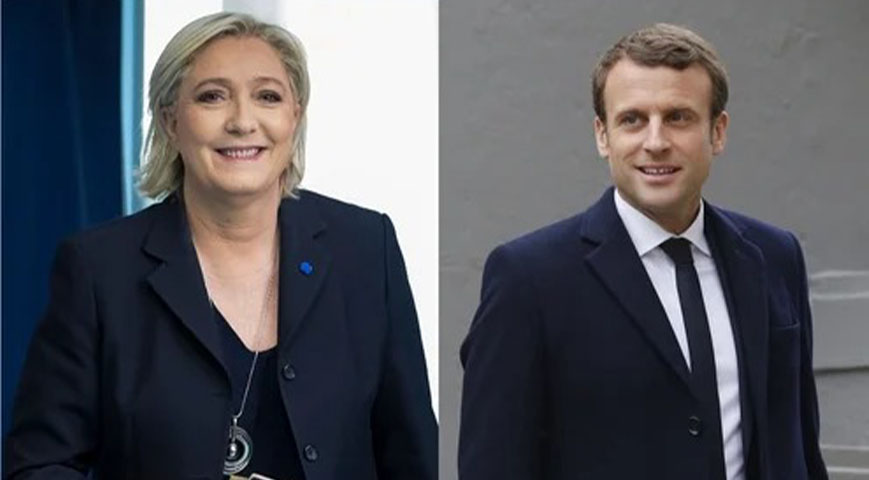French voters began casting their ballots on Sunday in the first round of a snap legislative election that could see the country elect its first far-right administration since World War II, potentially causing a seismic shift at the heart of the European Union.
President Emmanuel Macron called the unexpected vote after Marine Le Pen's National Rally (RN) defeated his centrist coalition in European elections. Le Pen's eurosceptic, anti-immigrant party, long considered a political pariah, is now closer to power than ever.

The polls opened at 0600 GMT and will close at 1600 GMT in smaller towns and cities, with a conclusion at 1800 GMT in larger cities. The first exit polls and seat forecasts for the decisive second round, set for a week later, are expected shortly thereafter. However, the election method makes it difficult to predict the final allocation of seats in the 577-seat National Assembly. The outcome will not be known until voting concludes on July 7.
"We are going to win an absolute majority," Le Pen declared in a recent interview, predicting that her protégé, Jordan Bardella, 28, will become prime minister. Her party advocates for a high-spending economic strategy and aims to curb immigration.
French diplomacy may face unprecedented volatility if the RN secures an absolute majority. Macron stated his intention to serve as president until the end of his term in 2027, and Bardella could compete for the right to represent France on the global stage.
Didier Delacroix, 70, a former company director, expressed his support for Macron's coalition, saying, "Otherwise it'll be a complete mess."

France has experienced three periods of "cohabitation" in its postwar history, during which the president and cabinet came from opposing political factions. However, none have featured such opposing worldviews at the state's top.
Bardella has already indicated his intention to challenge Macron on global issues. This could transform France from a pillar of the EU to a contentious member, seeking to reduce its contribution to the EU budget, clashing with Brussels over European Commission posts, and undermining Macron's proposals for stronger EU unity and defense.









